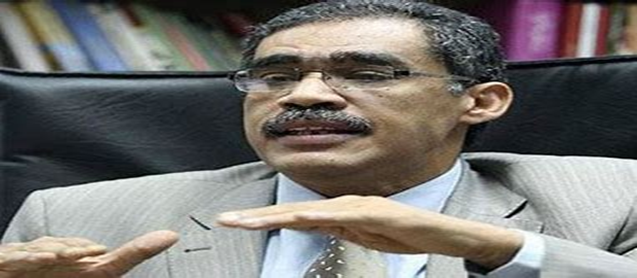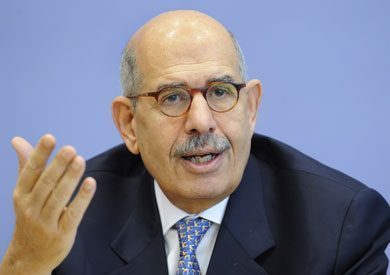
Egypt’s urgent need for a genuine National Dialogue to tackle its pressing issues and facilitate long-awaited national reconciliation remains unfulfilled.
The current regime’s approach to the dialogue appears to trivialize its purpose, serving the government’s own interests and perpetuating its grip on power. This undermines the potential for meaningful change and diminishes the prospects of resolving Egypt’s political deadlock, states Khalil al-Anani, a senior fellow at Arab Center Washington DC. in a recent piece.
The dialogue comes a full decade after the July 2013 coup that overthrew Egypt’s first democratically elected civilian president, the late Mohamed Morsi—a long span that indicates the magnitude of the challenges facing the Sisi regime.
The Egyptian National Dialogue began in May 2023, following a one-year delay since Egypt’s Abdel Fattah al-Sisi suddenly announced plans for it in April 2022.
While the National Dialogue represents a golden opportunity for political change and national reconciliation in Egypt, it faces numerous obstacles as it occurs under the auspices of a dictatorial regime that has systematically suppressed opposition, curtailed political freedoms, and stifled civil society.
Consequently, the prospects of the dialogue ushering in substantive political change in Egypt are tenuous and farfetched, continues Dr. Anani.
It has now been a decade since Egypt began a new authoritarian era, which has forced the country into a protracted political stalemate that has undermined the prospects of building a democratic state following the country’s 2011 popular uprising.
The newly established regime systematically suppressed political dissent, curtailed the activities of civil society, and committed grievous human rights violations. Therefore, when Sisi announced the initiation of a dialogue in April 2022, opposition politicians and activists hoped that the step would pave the way for resolving Egypt’s long-standing political impasse.
While engaging in the National Dialogue, participants are expected to address the significant political, economic, and social issues that Egypt is currently confronting. Politically, participants should engage in discussions pertaining to parliamentary electoral laws, the exercise of political rights, political parties, and civil society, among other issues.
Despite the importance of these matters, the exclusion of certain essential subjects from the realm of discussion undermines the comprehensive examination required for substantial political reform.
Among these crucial topics is the plight of political prisoners who have been suffering over the past decade. Under the current regime, approximately 60,000 political prisoners, including individuals from diverse political backgrounds, and especially Islamists, have been incarcerated solely for their rejection of and opposition to the regime’s policies. These prisoners are subjected to deplorable conditions characterized by severe hardship and inhumane treatment.
Although the regime has released around 1,000 pretrial detainees, a significant number of political prisoners remain incarcerated without signs of their being released in the near future. Furthermore, the limitations of the dialogue have become evident as it lacks the necessary authority to initiate a comprehensive transitional justice process that could hold accountable officials responsible for human rights violations.
This raises legitimate doubts regarding the true seriousness and commitment of the participants in the National Dialogue to effectively address these pressing issues.
The dialogue is also meant to address key economic and social issues such as education, healthcare, unemployment, investments, public debt, and tourism. However, it falls short of holding the regime accountable for the severe economic crisis that was caused by its ineffective and failed policies.
Participants appear hesitant to cast blame or demand accountability for prevailing economic challenges such as poverty, which affects 60 percent of the population, and the country’s unprecedented level of foreign debt, which recently reached $162.9 billion. In fact, despite the ongoing economic crisis, the Sisi regime persists in its borrowing policy, showing no indication of halting this approach.
Furthermore, the participants in the National Dialogue lack the capacity to compel the regime to alter its economic policies and save the nation from its dire predicament.
This prevailing hesitancy and lack of influence impede the dialogue’s ability to effect meaningful change and drive the necessary reforms to rescue the country’s economy, states Mr. Anani.



